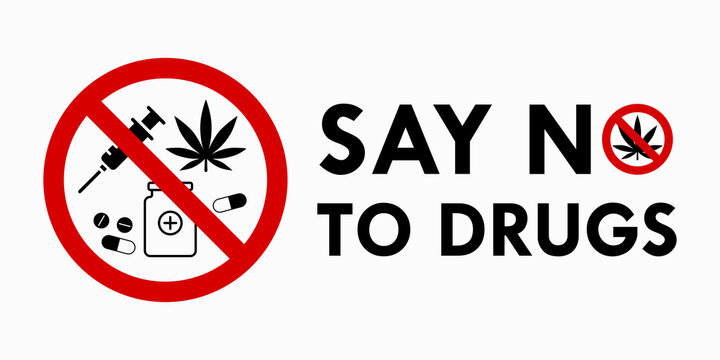Himachal Pradesh leads national fight against narcotics
2 min read
Image Source Internet
Shimla July 13
· Over 5,000 NDPS cases registered
· Illegal property worth Rs. 36.95 crore seized in two and a half years
· State-of-the-art de-addiction facility to be established at Kotla Barog in Sirmaur
The growing use of narcotics and synthetic drugs emerged as a serious concern in Himachal Pradesh in past few years, particularly in districts bordering pharmaceutical hubs. Sensing the urgency to curb this menace among youth who were increasingly falling prey to heroin, MDMA, Tramadol and other synthetic substances, the state government soon after assuming the office, declared a war on drugs and placed the issue at the top of its governance agenda.
To address the gravity of the crisis, the government moved swiftly to strengthen the legal framework and institutional mechanisms. Two comprehensive legislations have been enacted during this year. The Himachal Pradesh Organized Crime (Prevention and Control) Bill has been introduced with stringent provisions such as the death penalty, life imprisonment, property confiscation and heavy fines to target organized crime syndicates.
Complementing this, the HP Drugs and Controlled Substances (Prevention, De-addiction and Rehabilitation) Bill has also been brought in to ensure not only stricter punishment for drug offenses but also to institutionalize a robust framework for rehabilitation, prevention, awareness and livelihood creation. The Act has a provision of establishment of a state fund dedicated to support de-addiction services and community outreach initiatives drawn from the successful Sikkim model.
Recognizing the importance of early intervention, the state government has announced to introduce a dedicated chapter on drug abuse awareness in the school curriculum from next academic session to educate and sensitize students at an early age, making them aware of the dangers of substance abuse.
A major breakthrough came in 2024 with the enforcement of Preventive Detention under the PIT-NDPS Act, which marked a decisive step to dismantle drug trafficking at its roots. As part of this aggressive and proactive approach, 123 proposals were submitted, leading to 41 detention orders being issued against habitual offenders and major peddlers. This was a clear indication of the government’s zero-tolerance policy towards drug networks.
The crackdown extended beyond individual offenders to those providing them financial and logistical support. In a state-wide drive, the police identified 1,214 illegal properties linked to drug traffickers, took action against 70 encroachments and initiated demolition and eviction proceedings in major cases. The administration also booked 80 government employees found involved in drug-related activities, sending a strong message that the crackdown spares no one, not even those within the system.






